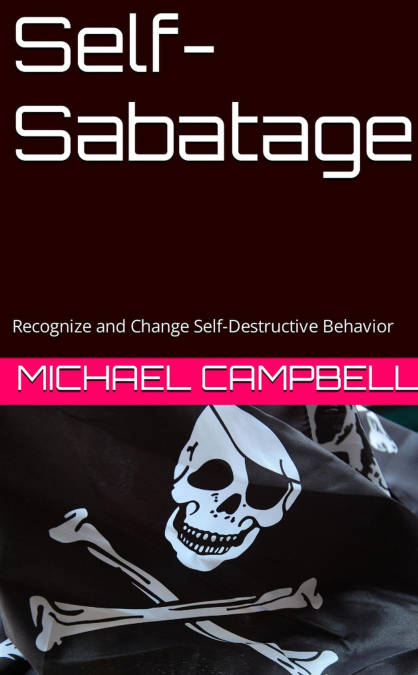
- Afhalen na 1 uur in een winkel met voorraad
- Gratis thuislevering in België vanaf € 30
- Ruim aanbod met 7 miljoen producten
- Afhalen na 1 uur in een winkel met voorraad
- Gratis thuislevering in België vanaf € 30
- Ruim aanbod met 7 miljoen producten
Self-Sabotage: Recognize and Change Self Destructive Behavior E-BOOK
Michael CampbellOmschrijving
Self-destructive behavior involves engaging in activities or thought patterns with potential harm to oneself, rooted in factors like negative self-perception, impulsivity, unresolved trauma, and internal/external limitations. Real-life examples include substance abuse, self-harm, risk-taking, and unhealthy relationships.
Recognizing self-sabotage includes signs like procrastination, negative self-talk, and fear of success/failure. Overcoming self-sabotage involves seeking professional help, developing self-awareness, identifying coping mechanisms, building a support network, challenging negative self-perception, setting realistic goals, adopting a healthy lifestyle, and addressing underlying issues.
Specificaties
Betrokkenen
- Auteur(s):
- Uitgeverij:
Inhoud
- Taal:
- Engels
Eigenschappen
- Productcode (EAN):
- 9798227425980
- Verschijningsdatum:
- 3/07/2024
- Uitvoering:
- E-book
- Formaat:
- ePub

Alleen bij Standaard Boekhandel
Beoordelingen
We publiceren alleen reviews die voldoen aan de voorwaarden voor reviews. Bekijk onze voorwaarden voor reviews.











